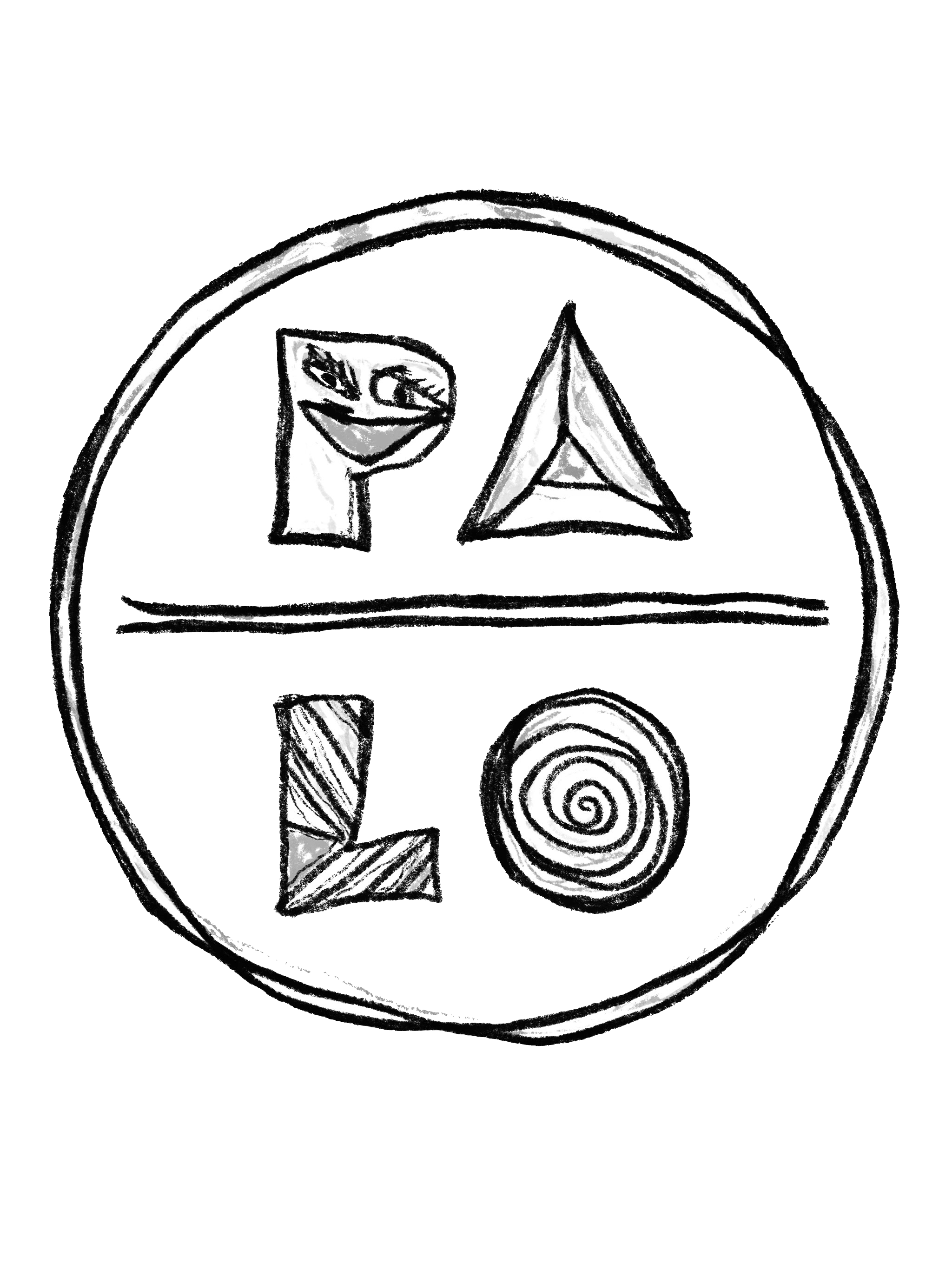Palo Gallery is pleased to announce Poisonous Weeds, a solo exhibition of photo-based works by artist Lisa Ross. Exploring a series of defaced propaganda murals painted during the Cultural Revolution in China, Poisonous Weeds opened May 19, 2023, with a public reception from 6:00 to 8:00pm.
Comprised of large-format, abstracted works and smaller-scale annotated photographs, the exhibition takes its title from a 1951 quotation by Mao Zedong which reads: "Any wrong thoughts, all poisonous weeds, all monsters and demons, should be criticized, and they must not be allowed to spread freely." The content behind Ross’s large-format, abstracted works is informed by a series of small-scale documentary photographs of painted walls in an old apartment complex in Lanzhou City, Gansu Province, where the artist had a residency.
The murals’ power stemmed from a quasi-religious belief in Mao, that in turn, derived from the ancient Chinese belief in the emperor as the Son of Heaven. In these large-format works, Ross reinterprets the murals by manipulating their color, hue, and contrast; the heavily saturated pigments, distressed textures, and layers evoke an abstracted painterly hand. Core works in the exhibition, such as Dust Does not Runaway by Itself, are printed to nearly exact scale.
Despite the fact that most of the characters appear to be scratched off the walls, the annotated series Poisonous Weeds: Legends restores the Chinese text and provides English translations of all except one illegible mural, revealing words from the Little Red Book of Quotations from Chairman Mao Zedong. In this series, the dozen small-scale photographs are all annotated, offering facts and a historic timeline that add dimension to the project’s many layers. The methodology and meticulous notations serve as evidence of Ross’s ongoing interest in ethnography.
On the verge of demolition at the time of Ross’s photography, the Lanzhou murals embody a kind of shrine that has long since been neglected. A testament to a historical period and culture, the apartment complex itself originated in hope and utopian ideologies. While the propagandistic exhortations were largely eradicated from public spaces after Mao’s death, the diligence to their removal varied, as evidenced by the state of the walls Ross recorded for Poisonous Weeds.
Lisa Ross’s work revolves around the liminal spaces in which faith, culture, and abstraction meet. Their immersive photographs and videos explore the skin of the land, revealing textures of intimacy and spirituality. Over time, political realities emerge, inextricably bound to place. Ross made numerous bodies of work in the Uyghur region of far western China, creating an extensive portrait of handmade markers and earthen architecture at Sufi Holy sites in and around the Taklamakan desert. Due to a recent and extreme crackdown on religious and cultural practices, over a million Uyghurs disappeared, and much of the vernacular and lived landscape that Ross’s work focused on was razed. As a result, the artist has placed more attention on art and advocacy.
Ross has worked in China, Kyrgyzstan, Azerbaijan, Europe, and North Africa, and their work has been exhibited internationally in museums and galleries. The artist has been a grantee of the Trust for Mutual Understanding and Asian Cultural Council; an Artist-in-Residence at The View Art Gallery, Gansu, the Watermill Center, New York, and the CICRP in Marseilles, France; a Fellow of the Bronx Museum AIM Program; and a recipient of the Hayward Prize through the American Austrian Foundation. Ross has also taught at Parsons School of Design, Columbia University, and The Harvey Milk School, where they developed a photography and video program for LGBTQ youth. Ross holds an MFA from Columbia University and a BA from Sarah Lawrence College.


